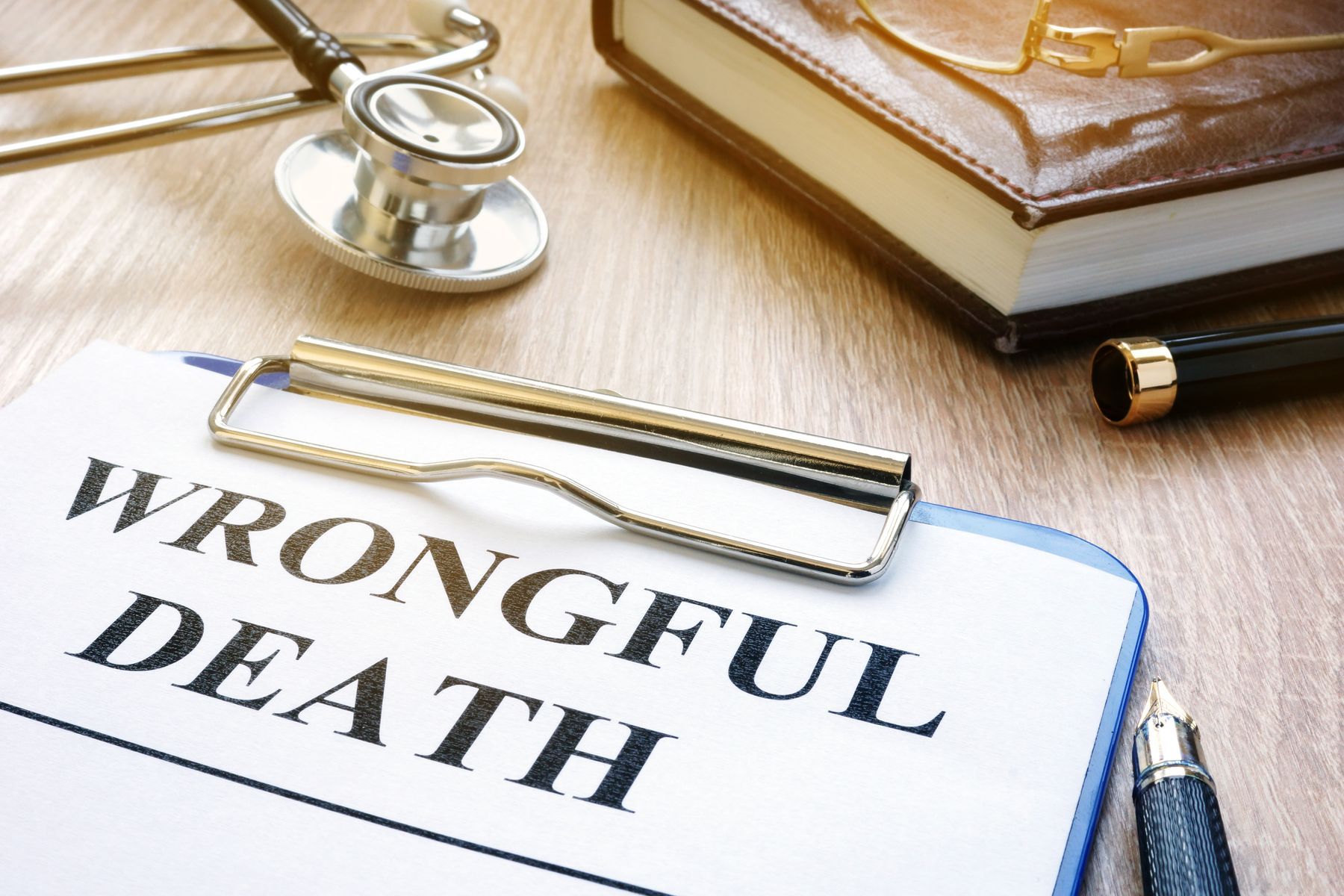
A wrongful death claim is not something any of us want to think about, but when a loved one dies, you might be looking for someone to blame. If your family member or spouse died due to wrongful death, you can hold the liable person responsible by filing a wrongful death case.
Learn who can file it and what you need to know about wrongful death cases in Florida.
Wrongful death occurs when a person dies due to someone else’s negligence, carelessness, or intent. If you’re trying to determine if your case qualifies, you should consult with a wrongful death attorney to let him or her determine if you have a case.
Some common causes of wrongful death cases in Florida can include:
Depending on the circumstances of the wrongful death, you might be holding an individual responsible or a company. For example, if the death was caused by medical malpractice, the medical professional may be liable, or the entire clinic or hospital.
It’s also important to know that if the wrongful death was due to violence and intent, and resulted in criminal charges, you can still hold the person responsible for your damages through a civil suit.
If a loved one dies due to wrongful death, you can file a claim against the person who is responsible. However, it’s important to understand that in Florida, not just anyone can file a claim. Only certain close relatives are allowed to file lawsuits.
This can include the deceased’s:
If you hold one of the above relationships with the deceased, you can seek legal help from a wrongful death attorney to review your options and file a claim.
Filing a lawsuit against the person responsible for your relative’s death can provide you with compensation. This can include recovering the funeral costs, medical expenses, loss of income, loss of companionship, pain, suffering, and more.
This can help your family pay for unexpected funeral expenses and other costs, as well as ease some financial hardship – especially if the deceased was the financial provider.
Florida does put some limits on what damages the filing person can seek. If the deceased has children who are filing the claim, they may seek compensation for lost support. They can also seek damages for loss of companionship and parental guidance if the deceased’s spouse is not alive. If the spouse is alive, and the children are over the age of 25, they might be limited in what damages they can receive.
The parents of the deceased cannot collect for pain and suffering if the person was over 25 years old. However, if the deceased did not have a spouse or children, then the parents can be entitled to more compensation.
These nuances of wrongful death cases can be complicated, so it’s important to hire a wrongful death attorney and thoroughly review your case with him or her. Your lawyer is an expert in these cases, so it’s crucial to tap into their experience to guide you through the process and hopefully to a successful outcome.
If you lost a loved one due to wrongful death, you need help from top-rated, hard-working representation. At Shapiro|Delgado, our attorneys put their injury law experience to work for you. And we handle cases on a contingency basis, which means we don’t get paid unless you do.
We represent clients throughout Florida, including Sarasota, Bradenton, Tampa, Saint Petersburg, Pinellas County, and surrounding communities.
To set up a free personal consultation, call 941-954-4000 or use our convenient online contact form.
Your family counts on you.
You can count on us.
Notifications